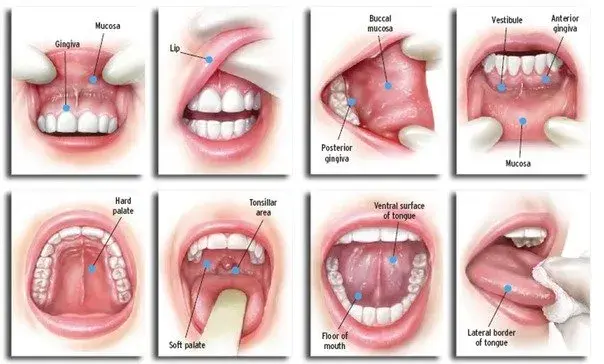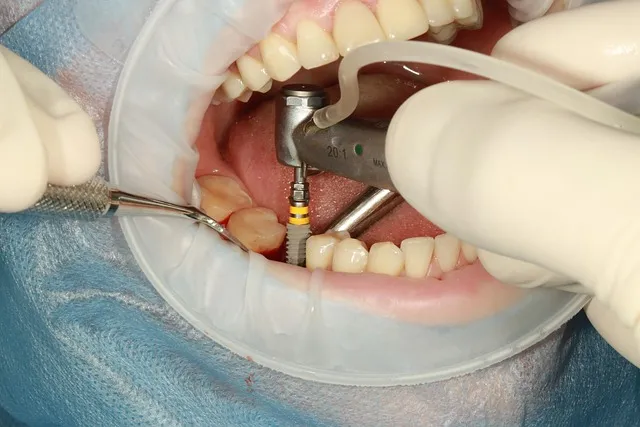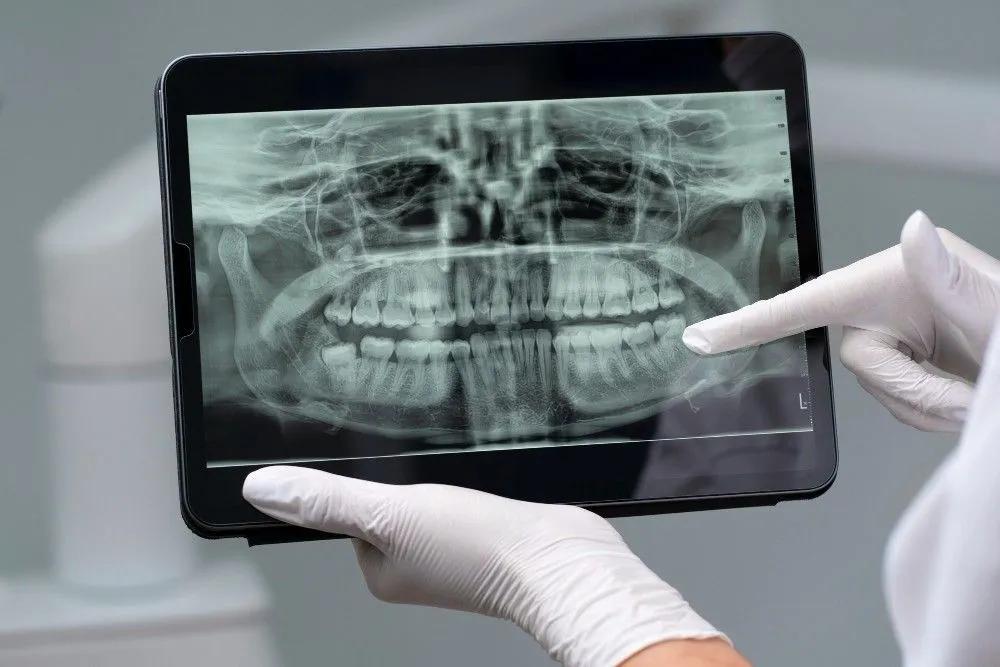According to Mouth Cancer Foundation, approximately 90% of people suffering from oral cancer are tobacco users. India has the highest incidence of oral cancer in the world. According to Cancer Patients Aid Association (CPAA), about 80,000 new cases of oral cancers are diagnosed annually and more than 50,000 Indian men die from the disease every year.
In India, 57% of the total male population and 11% of the total female population between 15-49 years of age uses some form of tobacco. Owing to the widespread use of tobacco, in different forms, oral cancer is among the most common cancers found in India.
Get Oral Cancer Treatment Costs in India from Trusted Hospitals - FREE
Different Forms of Tobacco
Tobacco and tobacco smoke contain about 4,000 different chemicals, out of which more than 50% are carcinogenic (cancer-causing). In the olden days, people used tobacco only in the form of chewing or smoking. But nowadays lot many tobacco-containing products are available in the market.
Look at some of these products extensively used in India.
- Smoked tobacco products include beedis, cigarettes, cigars, chillum, hookah, chute or reverse chutta smoking.
- Smokeless tobacco products include khaini, zarda, gutka, paan with tobacco, paan masala, mawa, mishri, gudakhu, dry snuff, and tobacco-containing toothpaste
Signs & Symptoms of Oral Cancer
[dropcap]Research studies indicate that oral cancers have an incubation period of 10 years.[/dropcap] Therefore, the early stages of oral cancer go undetected in many patients. Another reason could be the symptoms of oral cancer also overlap with those of general oral conditions. Therefore it is advised smokers and heavy drinkers should get regular oral health checkups done. Oral cancers can occur on the lips, inside part of cheeks, floor and roof of the mouth, gum, lips, salivary glands, and tongue. [caption align="aligncenter" width="571"] Image Source: Google[/caption] Here are the symptoms and signs of oral cancer:
Image Source: Google[/caption] Here are the symptoms and signs of oral cancer: - Red or red and white patches on the lining of the mouth or tongue
- Mouth ulcers that do not go away
- Swelling in the mouth that does not subside for more than 3 weeks
- Continual sore throat
- Thickening of the skin or lining of the mouth
- Hoarse voice
- Painful swallowing or chewing
- Loosening of teeth
- Stiffness or pain in the tongue and jaw
- Feeling that something is caught in the throat
- Persistent neck pain
Diagnosis & Treatment
It is advisable to perform monthly self-examination by looking at and touching the insides of the mouth (floor and roof), inside of the cheeks, tongue, back gums, and jaws. Look for enlarged lymph nodes in the neck and jaw.
See your dentist regularly for an oral examination at least once every six months.This will be helpful in the early detection of oral cancer. If the doctor doubts, he will confirm his investigation through a biopsy, CT scan, ultrasonography, MRI, or barium swallow. He can suggest one or more of these diagnostic procedures. Depending on the age, overall health, stage, and medical history, the doctor will determine the treatment plan. Surgery, radiation therapy, chemotherapy, and targeted therapy are the lines of treatment.
Prevention is better than cure
If you have been consuming tobacco for a long time, then it is high time you give up this unhealthy habit to avoid putting your life at risk of oral cancer. Here's what top cancer doctors have to say,
- Stop chewing or smoking tobacco.
- Consume alcohol only in moderation.
- Drink 3-4 cups of black tea or green tea.
- Avoid putting anything very hot in your mouth like hot tea or food. Let them cool a bit before eating or drinking.
- Increase your intake of Vitamin C from natural sources like oranges, and gooseberries (amla).
- Include cancer-fighting food items such as beans, tomatoes, dark green leafy vegetables, flaxseed, and garlic in your diet.
- Maintain oral hygiene by regular brushing, flossing, and rinsing.

Reviewed by







